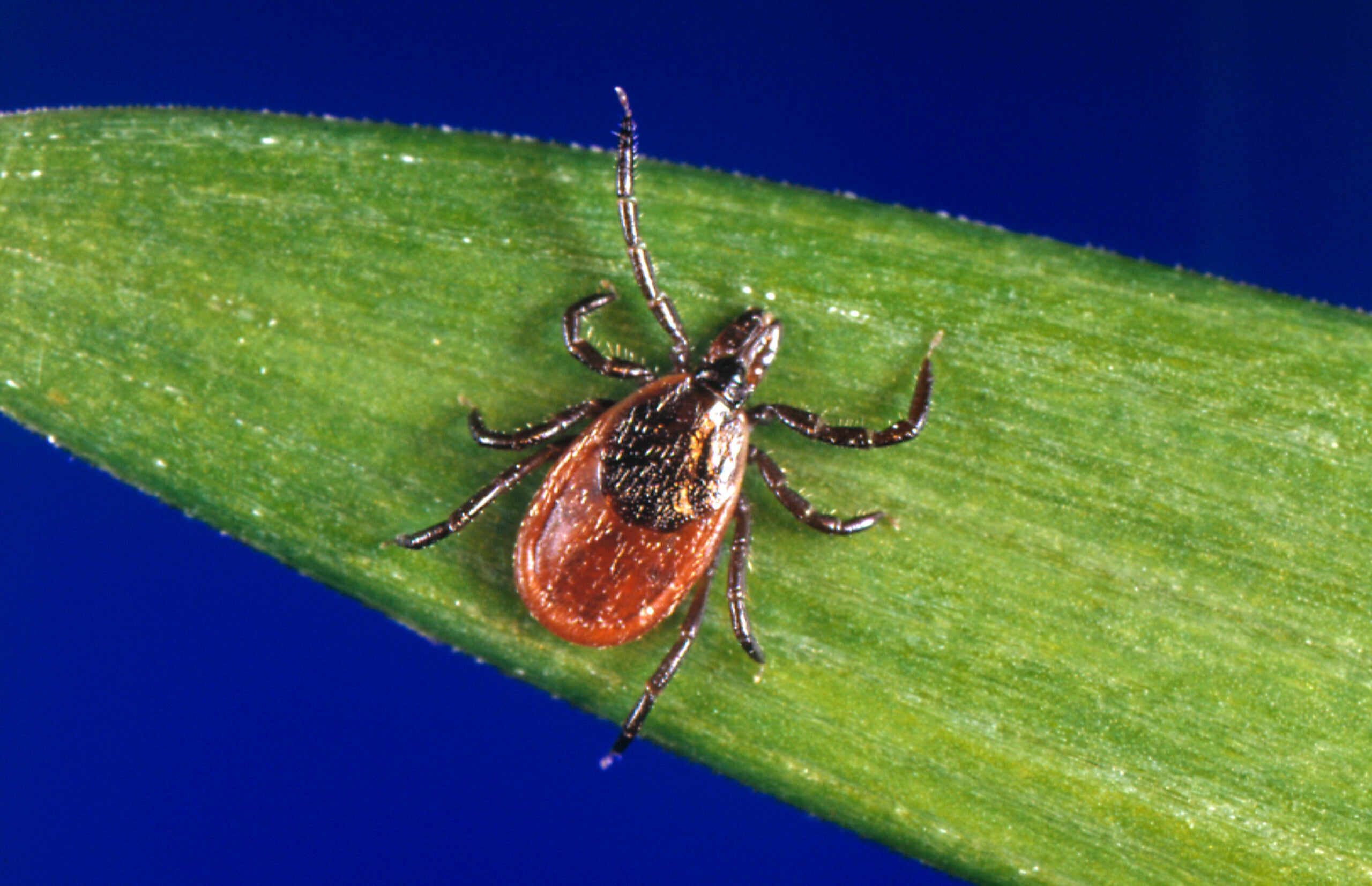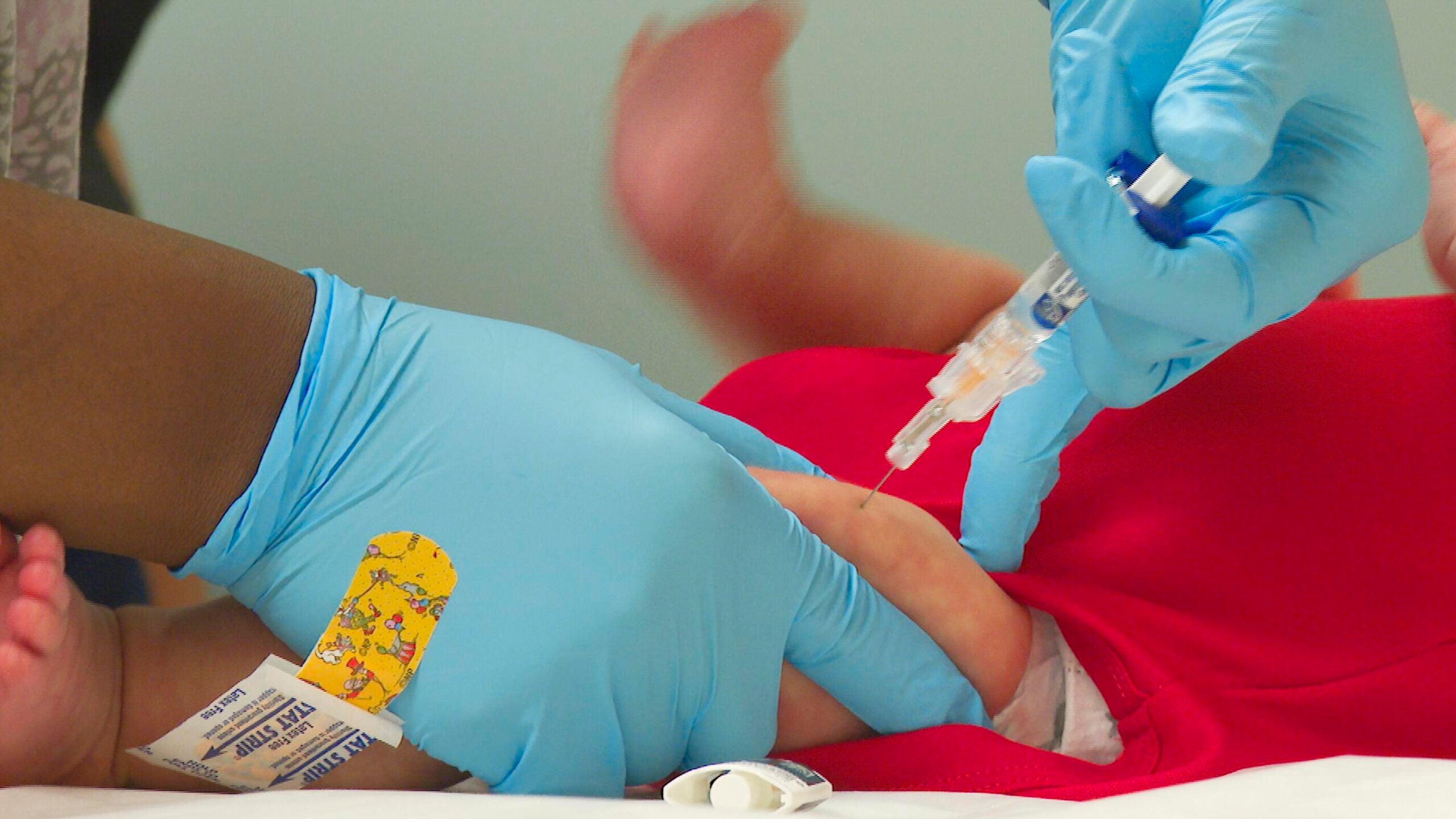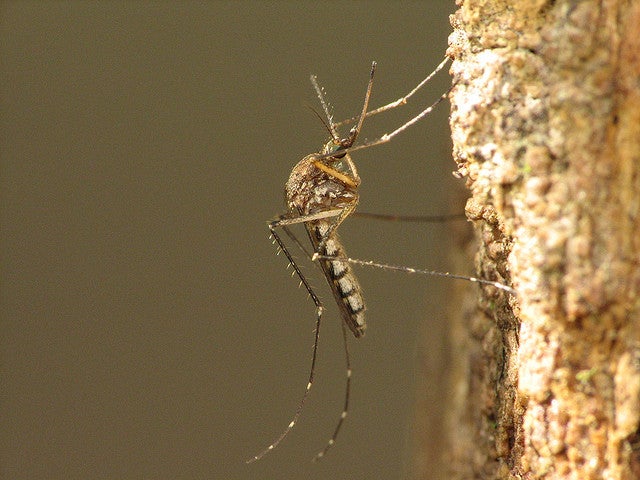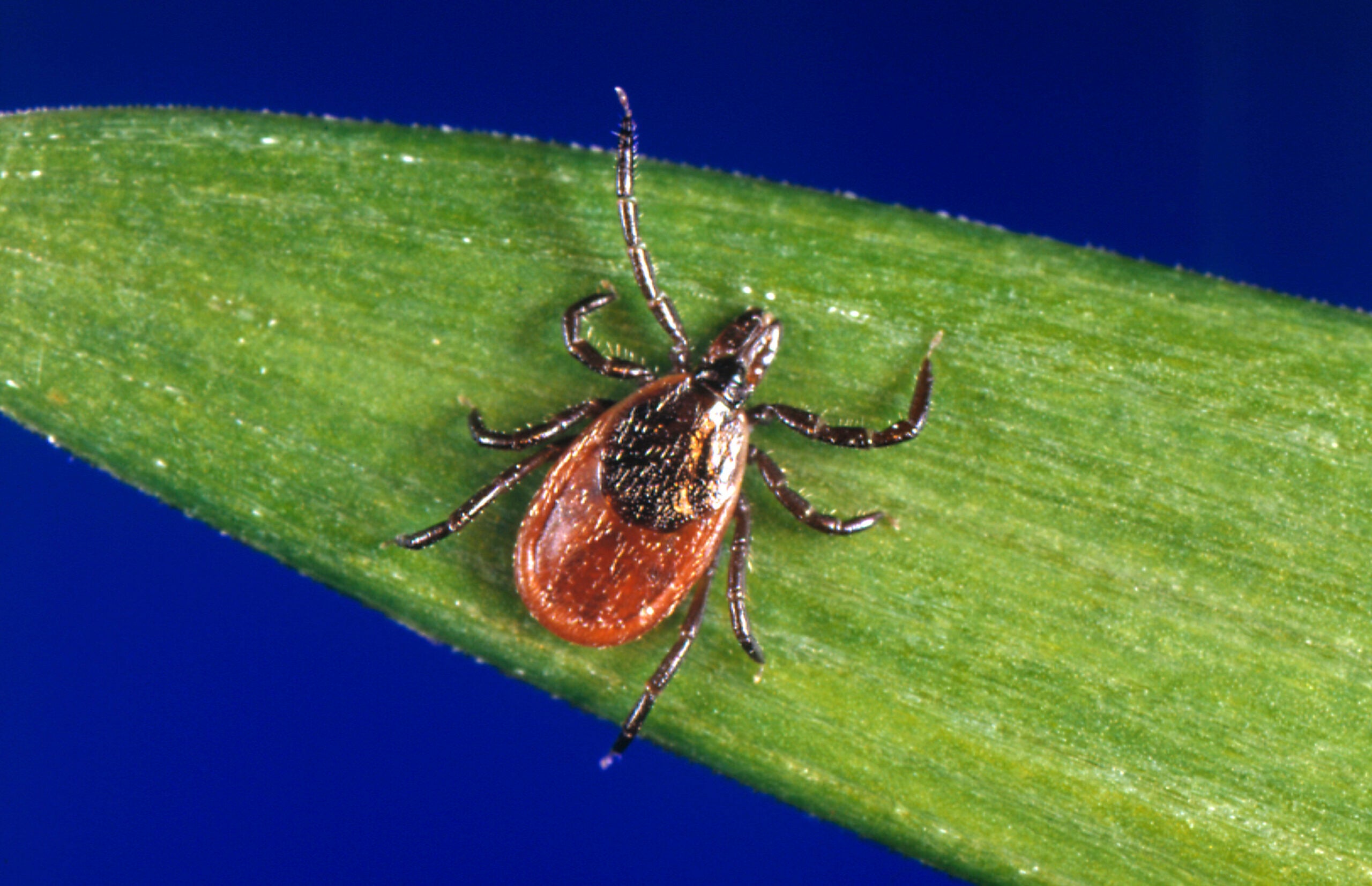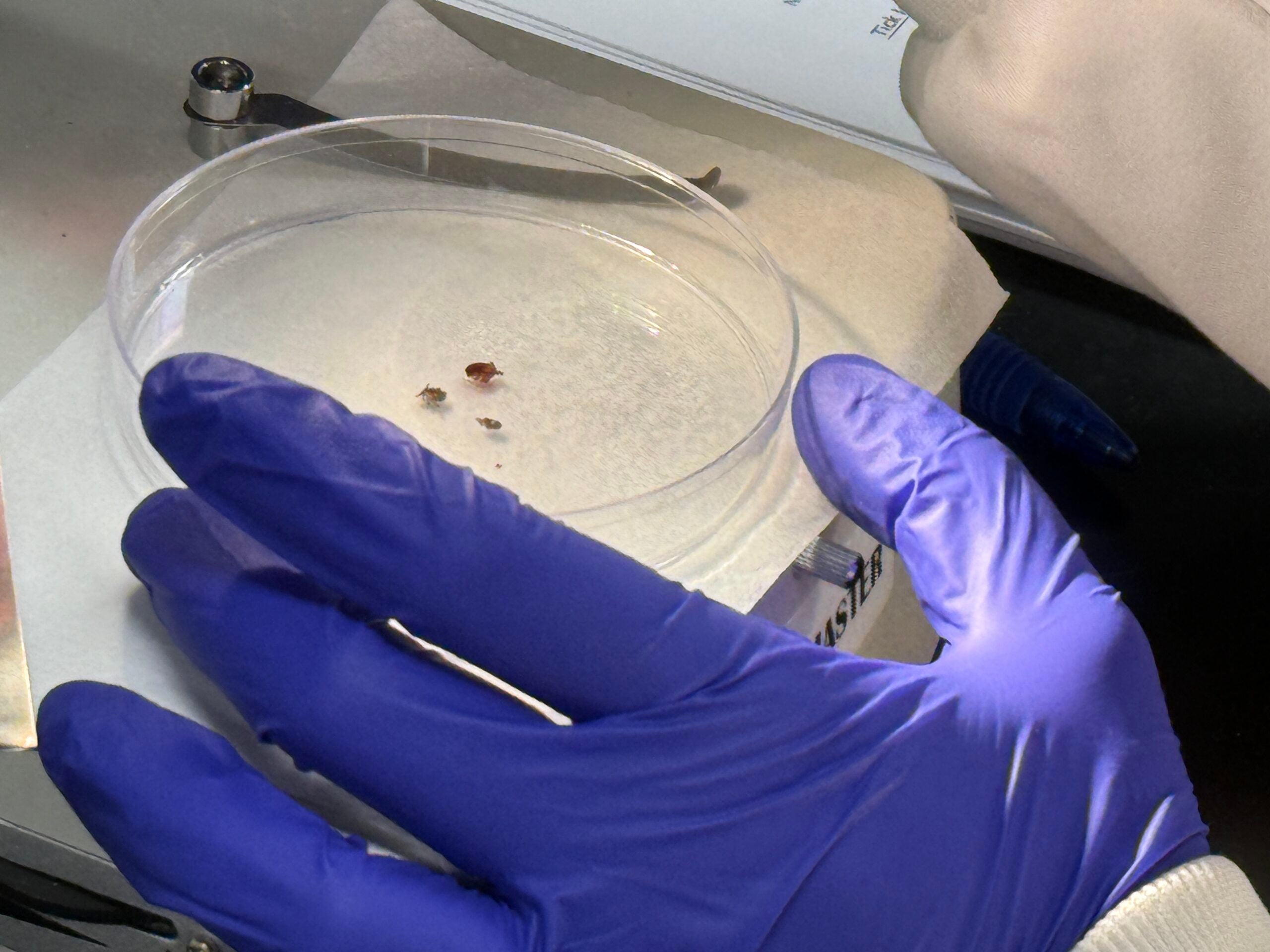A bipartisan effort that aims to combat a recent rise in Lyme disease cases in Wisconsin and to reduce the number of people getting tick-borne diseases is underway in the state Legislature.
A package of five bills would add a state epidemiologist and require signs at state parks and trails warning users of Lyme disease and other illnesses. The legislation has been coauthored by state Sen.s Rob Cowles, R-Green Bay, and Mark Miller, D-Monona, along with state Reps. Jeff Mursau, R-Crivitz, and Nick Milroy, D-South Range,
The bills, which are still circulating for co-sponsors, would require the state Department of Natural Resources to post signs at state parks and trails warning users about ticks and the illnesses they carry and make bug spray available for purchase at parks. The bills would also add an epidemiologist at the state Department of Health Services and establish a taskforce to study ways to reduce the number of illnesses spread by ticks.
News with a little more humanity
WPR’s “Wisconsin Today” newsletter keeps you connected to the state you love without feeling overwhelmed. No paywall. No agenda. No corporate filter.
According to 2017 data from the Centers for Disease Control and Prevention, Wisconsin had the fourth-highest number of confirmed cases of Lyme disease in the nation. The CDC reports there were 1,794 confirmed cases and another 1,206 probable cases identified. The state Department of Department of Health Services estimates there were 3,101 confirmed and probable cases of Lyme disease in 2018. The agency said the average number of reported cases has more than doubled over the past 10 years.
Cowles said funding for the signage would come from segregated accounts within the DNR. Also, he said some funding would be made available to nonprofit groups focused on outdoor issues to help raise awareness.
“We want to talk about this because we’ve all known people that have been harmed and we don’t want to be alarmist,” said Cowles. “But we want people to be aware and be prepared that you can have these neurological problems if you get a tick bite and you get infected and if you don’t get treated with the doxycycline if you do get infected.”
The bill authorizing the Department of Health Services to add an epidemiologist calls for lawmakers to increase funding to the agency by $91,400 for the position. Emails sent to Assembly and Senate members said the state doesn’t currently have a staffer dedicated solely to studying Lyme disease and other tick-borne illnesses.
“Hopefully, we can find some sharp, young person that’s on the cutting edge of the research so we can continue to highlight that,” said Cowles.
Milroy said he personally knows people who have suffered and even died from Lyme disease.
“This is a very big issue especially in northern Wisconsin where lots of people are being infected by diseases like Lyme disease and it really impacts our quality of life,” Milroy said. “And Wisconsin hasn’t done a great job in the past of making sure that people are aware of this disease and what steps they can take to prevent tick bites and we put together a package of bills to address that.”
Milroy said data shows the number of reported Lyme disease cases on the rise the state needs to act.
“That’s one of the reasons why we wanted to try to tackle this issue now,” said Milroy. “Because we’ve seen a surge in incidences and we feel that trend is just going to continue and it’s very important that we get this information out to the public so they can do their best to try to stop this tick from biting them and potentially having an organism in them that can really disrupt their quality of life.”
County comparisons from the DHS show that in 2017 Dane County had the highest number of confirmed cases of Lyme disease with 177 followed by Marinette and Waukesha counties, which had 116 cases and 109 cases respectively.
Last May, the Eau Claire City-County Health Department found that more than 40 percent of the ticks collected at two county parks were infected with Lyme disease.
Wisconsin Public Radio, © Copyright 2025, Board of Regents of the University of Wisconsin System and Wisconsin Educational Communications Board.

